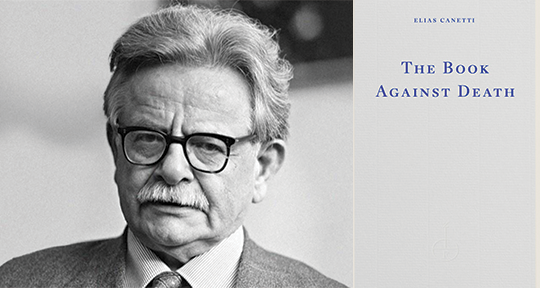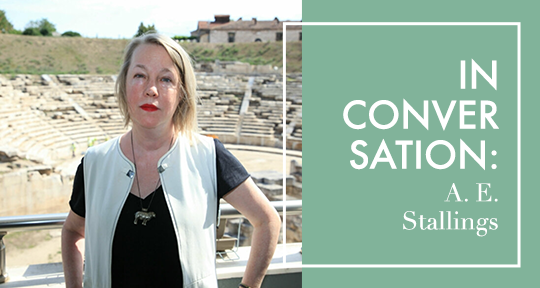Ludovico Ariosto’s magnum opus, Orlando Furioso, has only been translated into English four times since 1900. After first appearing in 1516, this epic has become an indispensable entry in the Italian canon and remains one of the longest poems in European literature, numbering over thirty-eight thousand lines in forty-six cantos, telling tales of love, war, tragedy, and fantasy across continents, seas, and even the cosmos. In our Spring 2024 edition, we presented a daring translation by Steven Monte of one of the poem’s most famous episodes—a fantastical voyage to the moon, which demonstrates at once the ecstatic potentialities of poetry, the corruption of art by human vices, and all the ways by which the self can be lost.
In the following interview, Monte speaks to our very own Assistant Interview Editor Sebastián Sanchez about the challenges and delights of rendering the best-selling book of the sixteenth century into English.
Sebastián Sanchez (SS): Despite his influence on European literature, Ludovico Ariosto’s work is underappreciated in the Anglophone world. What drew you to translate Orlando Furioso?
Steven Monte (SM): The underappreciation is partly what drew me, but perhaps more than anything I wanted to translate the specific episode of Astolfo’s trip to the moon. Astolfo is my favorite character in Orlando Furioso, and translating one episode was plenty challenging. When I discovered that the most recent verse translation of the epic-romance—David Slavitt’s—did not include this famous section, I was even more motivated.
SS: Whenever I read an early modern text—I am thinking specifically of those by Rabelais and Cervantes here—I am surprised by its liveliness and audacity. Do you think Orlando Furioso has a contemporary relevance which might surprise new readers?
SM: Absolutely. First off, as with the two authors you mention, Ariosto is funnier than twenty-first-century readers might expect. And again like those two authors, he is self-aware; the narrator often addresses the reader, or a subset of his readers, in a knowing and urbane way. Finally, Ariosto often feels modern in his depiction of female characters and gender relations. This last element is not so much present in the episode that I translate, which focuses on two male characters and is something of a spoof of Dante. But note the irreverent way in which Saint John discusses the entire epic tradition and the way in which other poets, like Virgil, misrepresented characters like Dido.




